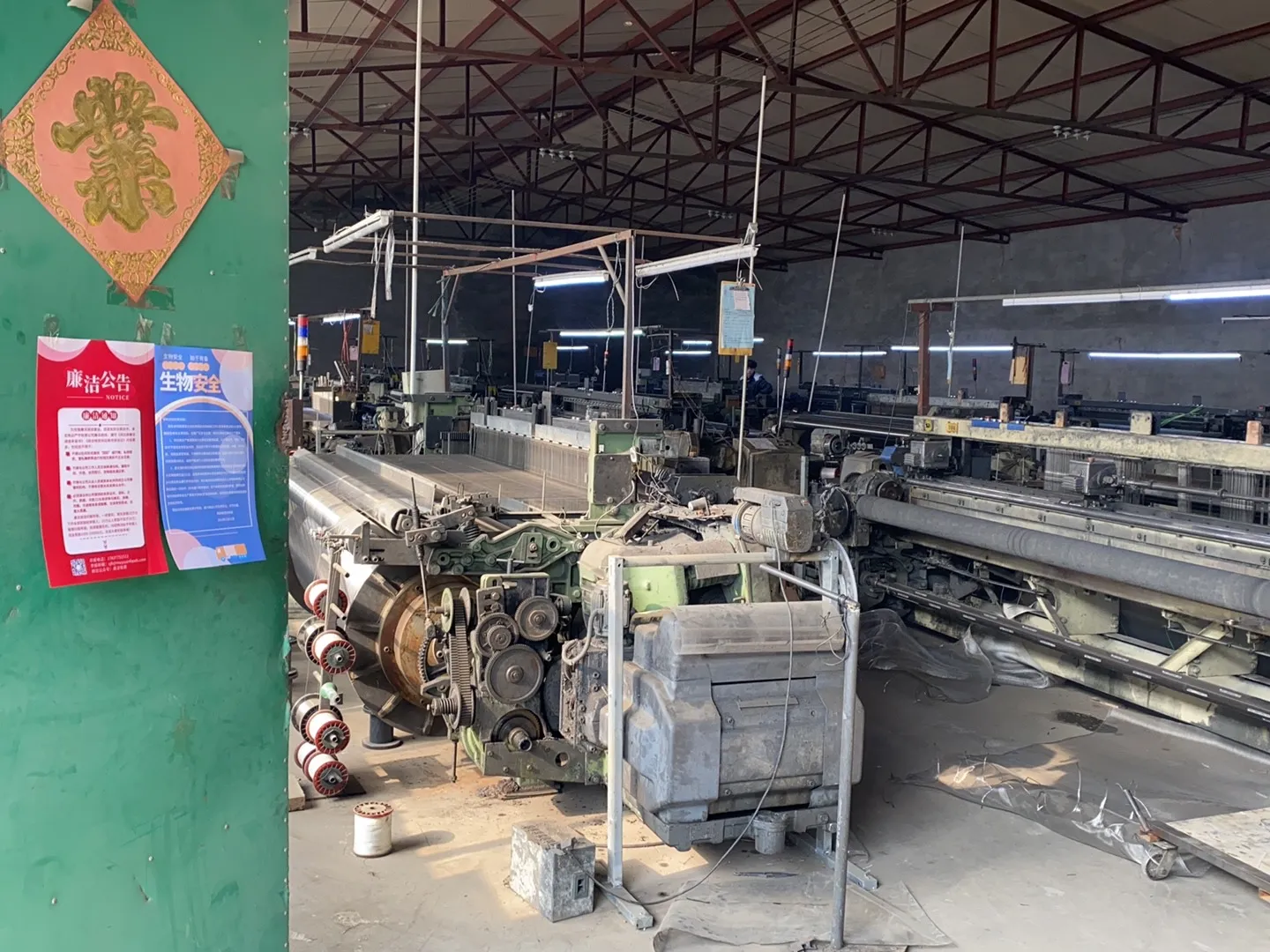-
 Afrikaans
Afrikaans -
 Albanian
Albanian -
 Amharic
Amharic -
 Arabic
Arabic -
 Armenian
Armenian -
 Azerbaijani
Azerbaijani -
 Basque
Basque -
 Belarusian
Belarusian -
 Bengali
Bengali -
 Bosnian
Bosnian -
 Bulgarian
Bulgarian -
 Catalan
Catalan -
 Cebuano
Cebuano -
 China
China -
 Corsican
Corsican -
 Croatian
Croatian -
 Czech
Czech -
 Danish
Danish -
 Dutch
Dutch -
 English
English -
 Esperanto
Esperanto -
 Estonian
Estonian -
 Finnish
Finnish -
 French
French -
 Frisian
Frisian -
 Galician
Galician -
 Georgian
Georgian -
 German
German -
 Greek
Greek -
 Gujarati
Gujarati -
 Haitian Creole
Haitian Creole -
 hausa
hausa -
 hawaiian
hawaiian -
 Hebrew
Hebrew -
 Hindi
Hindi -
 Miao
Miao -
 Hungarian
Hungarian -
 Icelandic
Icelandic -
 igbo
igbo -
 Indonesian
Indonesian -
 irish
irish -
 Italian
Italian -
 Japanese
Japanese -
 Javanese
Javanese -
 Kannada
Kannada -
 kazakh
kazakh -
 Khmer
Khmer -
 Rwandese
Rwandese -
 Korean
Korean -
 Kurdish
Kurdish -
 Kyrgyz
Kyrgyz -
 Lao
Lao -
 Latin
Latin -
 Latvian
Latvian -
 Lithuanian
Lithuanian -
 Luxembourgish
Luxembourgish -
 Macedonian
Macedonian -
 Malgashi
Malgashi -
 Malay
Malay -
 Malayalam
Malayalam -
 Maltese
Maltese -
 Maori
Maori -
 Marathi
Marathi -
 Mongolian
Mongolian -
 Myanmar
Myanmar -
 Nepali
Nepali -
 Norwegian
Norwegian -
 Norwegian
Norwegian -
 Occitan
Occitan -
 Pashto
Pashto -
 Persian
Persian -
 Polish
Polish -
 Portuguese
Portuguese -
 Punjabi
Punjabi -
 Romanian
Romanian -
 Russian
Russian -
 Samoan
Samoan -
 Scottish Gaelic
Scottish Gaelic -
 Serbian
Serbian -
 Sesotho
Sesotho -
 Shona
Shona -
 Sindhi
Sindhi -
 Sinhala
Sinhala -
 Slovak
Slovak -
 Slovenian
Slovenian -
 Somali
Somali -
 Spanish
Spanish -
 Sundanese
Sundanese -
 Swahili
Swahili -
 Swedish
Swedish -
 Tagalog
Tagalog -
 Tajik
Tajik -
 Tamil
Tamil -
 Tatar
Tatar -
 Telugu
Telugu -
 Thai
Thai -
 Turkish
Turkish -
 Turkmen
Turkmen -
 Ukrainian
Ukrainian -
 Urdu
Urdu -
 Uighur
Uighur -
 Uzbek
Uzbek -
 Vietnamese
Vietnamese -
 Welsh
Welsh -
 Bantu
Bantu -
 Yiddish
Yiddish -
 Yoruba
Yoruba -
 Zulu
Zulu
Building Netting & Steel Mesh Solutions for Safe Construction Sites XYZ
- Overview of Building Netting Solutions
- Technical Advantages of Modern Steel Building Mesh
- Performance Comparison: Leading Manufacturers
- Customization Strategies for Safety Net Systems
- Case Studies: Real-World Applications in Construction
- Material Innovations in Protective Building Netting
- Future Trends in Safety Net Construction Technology

(building netting)
Essential Insights into Building Netting Solutions
Building netting systems have become critical components in modern construction, with the global market projected to reach $3.8 billion by 2027 (CAGR 6.2%). These safety solutions combine high-tensile steel building mesh with engineered polymers to create fall protection systems that reduce worksite injuries by up to 72% according to OSHA reports.
Technical Superiority in Structural Safety Systems
Advanced steel building mesh now achieves tensile strengths exceeding 650 MPa while maintaining flexibility. Key innovations include:
- Galvanized steel cores with PVC coating (0.25mm thickness)
- UV-resistant polymers maintaining 95% strength after 10,000 hours exposure
- Modular connection systems enabling 30% faster installation
Manufacturer Performance Analysis
| Brand | Material Grade | Tensile Strength | Corrosion Resistance | Warranty Period |
|---|---|---|---|---|
| SafeSite Pro | EN 10223-3 | 720 MPa | 1,500 salt hours | 15 years |
| SteelGuard XT | ASTM A641 | 680 MPa | 1,200 salt hours | 12 years |
| NovaMesh Ultra | ISO 17799 | 750 MPa | 2,000 salt hours | 20 years |
Tailored Solutions for Complex Projects
Custom-engineered safety net building construction systems now support:
- Variable mesh densities (25mm to 150mm spacing)
- Load capacities from 2kN/m² to 15kN/m²
- Specialized coatings for extreme environments (-40°C to 120°C)
Verified Construction Safety Outcomes
Recent implementations demonstrate measurable results:
- Shanghai Tower Project: 18,000m² steel building mesh reduced debris incidents by 84%
- Dubai Metro Expansion: Custom safety nets withstood 55km/h winds during installation
- Toronto Hospital Complex: Composite mesh system accelerated curtain wall installation by 40%
Advanced Materials Transforming Protective Systems
New material combinations enhance performance:
- Graphene-infused coatings improving abrasion resistance by 300%
- Self-healing polymer layers maintaining structural integrity
- Smart mesh systems with embedded strain sensors
Building Netting Technology Shaping Safer Construction
The integration of AI-powered monitoring systems with safety net building construction solutions is revolutionizing site safety. Predictive analytics now enable 92% accuracy in anticipating stress points, while automated tension adjustment systems maintain optimal safety parameters throughout building phases.

(building netting)
FAQS on building netting
Q: What is building netting used for in construction?
A: Building netting is primarily used to enhance safety and prevent debris from falling during construction. It also protects workers and pedestrians from accidents. Additionally, it can shield buildings from weather elements like wind or dust.Q: How does steel building mesh improve structural integrity?
A: Steel building mesh reinforces concrete structures by distributing loads evenly. It increases durability and resistance to cracks. This makes it ideal for foundations, walls, and industrial flooring.Q: Are safety nets mandatory in building construction?
A: Yes, safety nets are often legally required in many regions to meet occupational safety standards. They minimize fall-related injuries and ensure compliance with regulations. Their use is critical in high-rise and high-risk projects.Q: What materials are used in building netting systems?
A: Building netting is typically made from high-density polyethylene (HDPE) or polypropylene for durability. Steel building mesh uses galvanized or stainless steel for corrosion resistance. Both materials are UV-treated for outdoor longevity.Q: Can safety netting be reused across multiple projects?
A: Yes, high-quality safety netting is designed for reuse if undamaged. Regular inspections ensure it meets safety standards after each use. Proper storage and maintenance extend its lifespan significantly.-
Why Construction Steel Mesh is the Backbone of Modern InfrastructureNewsJun.27,2025
-
The Ultimate Solution for Versatile Industrial and Consumer ApplicationsNewsJun.27,2025
-
Smart Breeding Starts Here: The Ideal Breeder Net for GuppiesNewsJun.27,2025
-
Maximize Your Harvest with Smart NetNewsJun.27,2025
-
High-Performance Steel Mesh Solutions for Modern IndustryNewsJun.27,2025
-
Durable Solutions for Modern Agriculture and LandscapingNewsJun.27,2025











